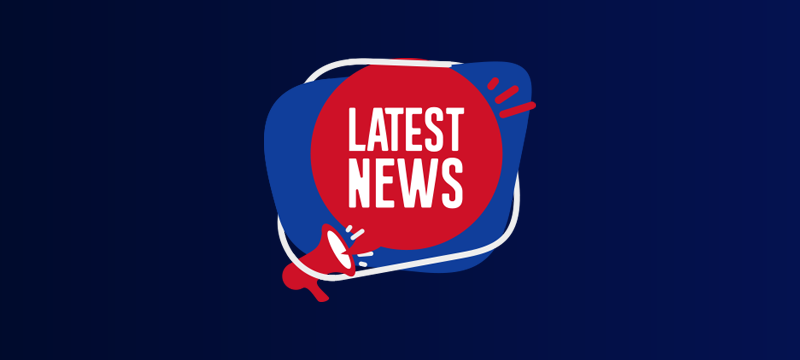Catch up on this month’s round-up of the latest hosting and tech news. Here’s what we’ve uncovered since our last edition.
Online growth boosts UK warehousing
The shift to online shopping has led to a significant increase in demand for UK warehousing, with many companies struggling to find enough space. Research carried out for the UK Warehousing Association shows that warehouse space has increased by a third since 2015, to a massive 564 million square feet – that’s over 20 square miles.
During the same period, the research also showed that logistics providers who deliver on behalf of online retailers have overtaken traditional high street brands as the major warehouse occupiers. The biggest rise in warehouse occupancy, unsurprisingly, is from online-only retailers who have increased warehouse capacity by over 600%.
The demand for warehouse space has grown by over 200% just in the first quarter of 2021. Experts estimate that for every £1 billion increase in online spending, nearly 800,000 sq. feet of additional space is required.
Windows 11 unveiled
Microsoft has previewed its new Windows 11 operating system that it plans to release at the back end of 2021. The major changes to Windows 10 are how the interface looks and improvements to the user experience.
These include a new cloud-powered Start menu that sits in the centre of the screen and which dynamically changes depending upon the programs you are using and the time of day. The taskbar, now rebranded as the dock, has been improved to enhance UX, while the introduction of ‘snap layouts’ lets users arrange their open app windows in a variety of layouts, making it easier to switch between them.
Making a return are widget, something we last saw with Windows 7. These too can be accessed from the dock and to make it easier to find them, there will be an overhaul to the Microsoft Store.
As for those irksome elements of Windows 10 that not too many people were keen on, Cortana and Skype, although still there, have been moved quietly to the background. With Teams now being an integral element of Windows 11, Skype looks destined for the history books. Perhaps most pleasing is the news that update downloads will be 40% smaller.
Virgin Atlantic developing air-taxi service
While getting away on holiday is great, the one thing that can spoil it is the hassle of getting to and from the airport. Long journeys in busy traffic and the trials of parking often make the parts of the journey at either side of the flight stressful. Virgin Atlantic, however, is considering a more convenient solution – a flying taxi service.
Although it’s not the autonomous taxi that some companies are trying to develop, Virgin is collaborating with Bristol-based Vertical Aerospace to develop a five-seater (one pilot, 4 passengers) electric-powered taxi that can pick holidaymakers up from city centre rooftops and fly them direct to major airports in time for their flights. Vertical Aerospace’s VA-X4 taxi can fly up to 100 miles, effectively being able to take people from Leicester to Heathrow or Nottingham to Manchester. The added bonus is that being electric, it’s also more environmentally friendly than driving a car.
Computer says no
Technology is great when it works, but when it doesn’t it can be a real pain. This is how drivers in and around Oxford were feeling earlier this month when a computer glitch on satnavs mistakenly showed nearly every road in some parts of the city to be closed.
Affecting a variety of different satnavs, including Google Maps and TomTom, the issue began when Oxfordshire County Council provided Google’s network management system with new data about its Low Traffic Neighbourhoods, a scheme to reduce traffic in some areas by introducing bollards and roadblocks. Although only a small number of roads are included in the scheme, the technology behind the satnavs showed whole swathes of the town to be closed off and reported that these closures would be in place for another two years. The experts, it seems, are driving around in circles looking for a solution.
Single-handedly taking down the internet
Someone with a simple desire to change their settings innocently took down large parts of the internet earlier this month. This trivial act affected a bug in a software update belonging to Fastly, one of the world’s major content delivery networks, taking 85% of the company’s services offline.
Content delivery networks (CDNs) are widely used by website owners to speed up the delivery of static data. By having datacentres across the globe that store and deliver static website content like images, they cut the distance data has to travel and thus speed up the loading times of websites.
Unfortunately, the downtime caused by the glitch affected the websites of some of the world’s biggest organisations, including Amazon, The Guardian and Reddit. Amazon users, for example, found that although the website worked, none of the product images displayed.
Luckily, the bug was spotted and the issue put to rest in less than an hour. However, it does raise questions about the long-term reliability of the internet when just a few large organisations are responsible for running vast parts of it.
Visit the WHUK website for more news, knowledge base articles, blog posts and information on our wide range of hosting services.


